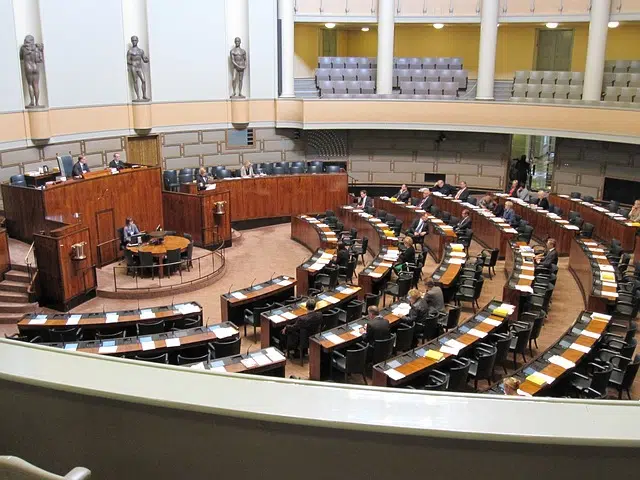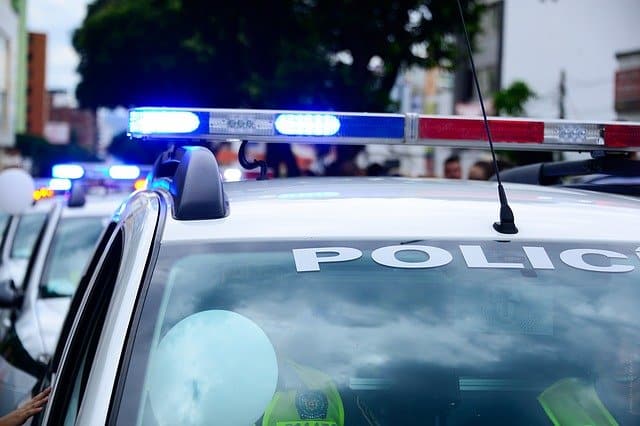
The Legislative Branch is a public power.
In order to understand the meaning of the term public power , it is necessary, first of all, to know its etymological origin:
-The word power derives from Latin, specifically from the vulgar "posere" and this from "posse", which is equivalent to "master".
-Public, for its part, emanates from the Latin "publicus" and is in turn the result of the evolution of "populicus."
What is public power
The notion of public power encompasses all the powers that are specific to the State . It should be remembered that the State exercises legislative power (creates and modifies laws), judicial power (applies said regulations) and executive power (develops government policies) through various institutions.
It is common for the expression of public powers to be associated with state agencies that have a monopoly on violent action: that is, they can force citizens to do something or repress them through the use of force, always under the parameters established by the laws . The Police , the Gendarmerie and the Prefecture , among other entities, make up the public powers according to this meaning.

The Police are part of the public powers of a nation.
The case of Venezuela
In some countries, the notion of public power becomes concrete through certain institutions. In Venezuela , the Legislative Branch , the Judicial Branch , the Executive Branch , the Electoral Branch and the Moral Branch form what is called the National Public Branch . In these cases, the concepts are written with initial capital letters since they refer to specific organisms.
Each of these aforementioned powers is entrusted with clearly defined missions and functions:
-The Executive Branch is carried out by both the President of the Republic of Venezuela and the rest of the ministers who accompany him in the government team.
-The Judicial Branch, as its name indicates, is responsible for ensuring the administration of justice that emanates from the people and is administered in the name of the Republic. Specifically, this is carried out by the Supreme Court of Justice as well as by the other courts below it, according to the established organization.
-The Legislative Power, which is developed by the National Assembly .
-The Electoral Power, for its part, is in the hands of the National Electoral Council (CNE) and its main function is to ensure that in the different electoral processes there is absolute impartiality when the vote is cast.
-The Moral Power. This is also known as Citizen Power and is carried out by the Republican Moral Council. This entity is made up of the Attorney General of the Bolivarian Republic of Venezuela, the Ombudsman and the Minister General of the Republic.
It is understood that the National Public Power represents the people, organizing society in accordance with the legislation. The essential laws that govern the functioning of the State , on the other hand, are established in the Constitution .
Public power according to philosophy
In a sense closer to philosophy , it can be stated that public powers constitute the state's power to regulate and order the functioning of a community of people ( society ) in a certain territory.
It is understood that the division of these powers (into the Legislative Branch , the Judicial Branch , etc.) is necessary to guarantee the protection of the rights of all individuals.
